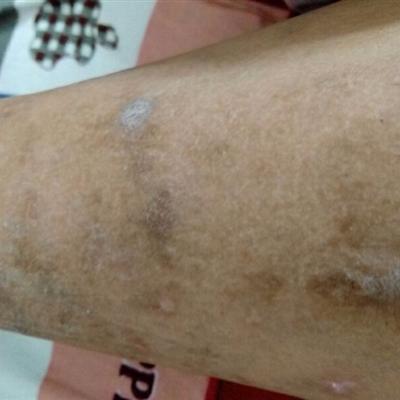What is selective mutism?
summary
What is selective mutism? Selective mutism is a mental disorder. It is a clinical syndrome characterized by children's persistent "Refusal" to speak in some occasions (such as school, environment with strangers or many people, etc.) where verbal communication is needed, and normal speech in other occasions.
What is selective mutism?
Children often can speak normally at home, but "refuse" to speak with teachers or classmates in school. Chinese people are more introverted, children do not speak at the beginning of kindergarten or primary school, often ignored by introverted and shy reasons, resulting in children can not be found and treated in time. The onset of the disease is usually at the age of 3-5 years, and girls are more common. Patients in certain occasions because of anxiety or extreme shyness, even if they can speak also dare not speak. With the increase of social pressure, social contradictions, social mobility, family problems and family contradictions, the factors causing SM increase. There is not only an increasing trend of SM in China, but also an increasing trend.
The reason and manifestation of selective silence is that children with normal intelligence and no organic disease in speech organs show stubborn silence under the influence of some mental factors. This disease is considered to be a special form of children's neurosis, which usually starts at the age of 3-5 years. Children's hysteria, schizophrenia, autism, mental retardation and other neuropsychiatric diseases can also be accompanied by silent symptoms, but it does not belong to this disease.
Psychotherapy is the first method used in the treatment of SM, and it is still widely used in the treatment of SM. Psychologists believe that SM is a kind of psychological disease and a manifestation of social phobia. Physical or mental trauma is the root of SM. They advocate psychoanalysis and psychotherapy. The main purpose of psychotherapy is to alleviate children's inner conflict, emphasizing individualized treatment. The specific methods include psychological suggestion, psychological counseling, psychoanalysis, cognitive therapy and so on. From the case study and experience, psychiatrists believe that psychotherapy is effective, but psychotherapy is a long process, case study can not get rid of the interference of SM natural rehabilitation factors, and can not confirm whether psychotherapy is really effective.
matters needing attention
The prognosis of selective mutism is good. After treatment, most of them can recover within a few months to a few years. A small number of children develop into chronic. Some of them still show excessive shyness and social anxiety in adolescence and adulthood. In some social occasions, they still have the performance of not speaking fluently and not expressing their ideas.













